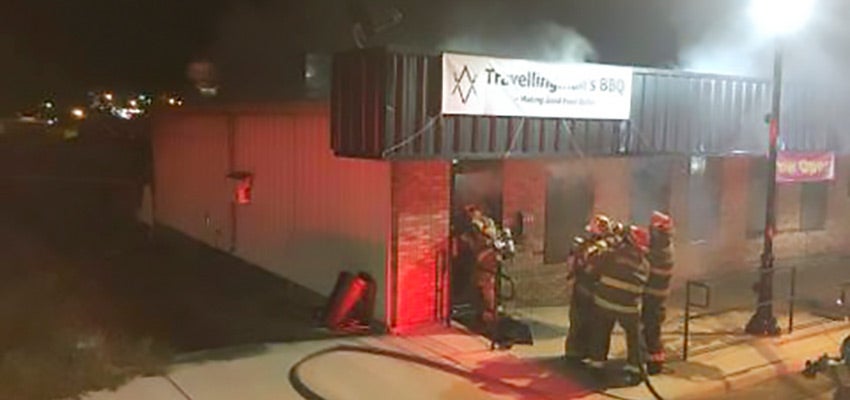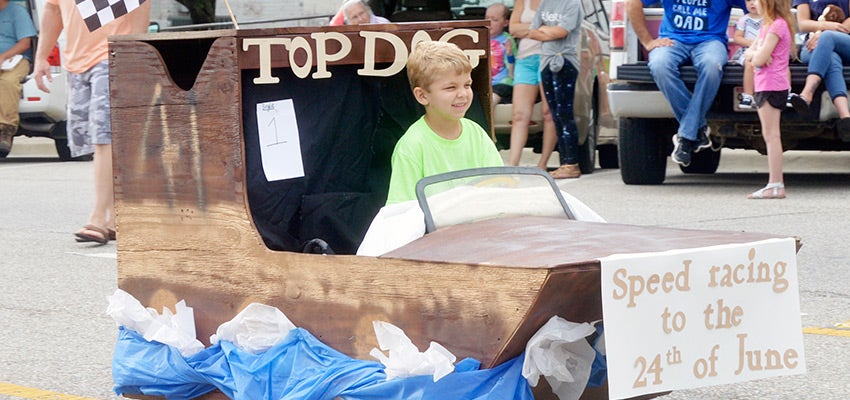We’ll be in Afghanistan long enough
Published 11:00 pm Friday, June 18, 2010
KABUL, Afghanistan — The Army term “Boots on Ground” refers to the first steps when entering in the U.S. Central Command area of responsibility. It formally recognizes a soldier, sailor, airman or Marines’ arrival for duty in the war zone, but speaks more to experiencing first-hand the consequences of a country mired in a 30-year period of war. I’ve spent 22 years in the U.S. Air Force honing my skills to lead Joint communicators, to command and control Coalition forces, to enable weapon systems to kill our nation’s enemies. After two months of “Boots on Ground” in Afghanistan, I’m developing and applying an unconventional approach to warfighting…nation building.
Counterinsurgency, often referred to as COIN, is a convoluted term that simply refers to fighting against those who would destroy or undermine a legitimate government. It’s unlike any other kind of military endeavor you’ve read about in the history books or seen in the media. You can’t kill an insurgent without creating 10 more to take up his/her cause. The only way to counter the insurgent is to eliminate those factors that excite and fuel the insurgency. Critical in this is persuading the Afghans people that you’re here to help bring peace, prosperity and security…or at least something better than they have today. Afghanistan is a community where only one in four can read and write, so we are building schools and education training centers. They have abysmal health care services, so we are building hospitals and clinics, as well as training doctors and nurses to staff them. They live in fear of the Taliban and an array of other insurgents, so we are training a police force and an Afghan National Army to protect their communities and borders.
As director of communications for the NATO Training Mission – Afghanistan and Combined Security Transition Command – Afghanistan, my job is to mentor the senior communications leaders within the Ministry of Defense and Interior. There is little to no communications infrastructure in Afghanistan, so we work “Shohna ba Shohna“ or shoulder to shoulder with the Afghans to enable and strengthen their ability to command and control National Security Forces. Our efforts go well beyond basic user training and marksmanship and include building institutions to professionalize their police and soldiers. We are building the foundation for transitioning this Coalition mission to the Afghans. We have spent far too long feeding the Afghans; we must now focus our efforts and teach them to fish.
Everyone wants to know when we will be finished and start bringing our sons and daughters in uniform home. While we at the NATO Training Mission – Afghanistan consider our mission to be the exit strategy for Afghanistan, our organization will certainly be the last to leave. I’m not convinced there is an answer that will satisfy Washington or the citizens of Covington County, but my hope is that we stay long enough to have an enduring impact on the future of Afghanistan. If not the thousands of American, International Coalition and Afghans that have died for this cause will have done so in vain and we condemn generations of Afghan children to a lifetime of civil war.
Col. Powell is the son of Glen and Barbara Powell of Red Oak.



